Elements of inspiration that went on to become my new book, What’s the Future of Business, Changing the Way Businesses Create Experiences
Blame it on the youth they say. Indeed, there’s a great assumption that the future of technology falls in the hands of emergent generations. The youth of today will someday represent the majority of consumers, employees and citizens. That’s always the case, but what we don’t yet fully appreciate is just how different young adults think today. We don’t yet understand what it is they value and why. We’ve not yet assimilated how they make decisions and what factors influence their daily activities and journeys.
Generation Y, also referred to as Millennials, and Generation Z represent those individuals born in the late 1970s or the early 1980s to the early 2000s. They follow Generation X, my generation, and they are already a powerful force in the future of the global economy and politics.
70 million people in the U.S. belong to the Millennial Generation aka Millennials today. Millennials also represent 35 percent of the workforce today, and by 2014, they will comprise of almost half of all employed professionals. In a separate study conducted by Millennial Branding, it is expected that by 2025, Generation Y will represent 75 percent of the workforce.
Right behind them is Generation Z. And as they grow up, they too will have a profound impact on society. In fact, they already do. In the United States, Generation Z is said to already control up to $30 billion in spending.
What’s different about these generations than those before them? Gen Y and Z were born with digital in their DNA. While that may seem like a given, it is the very detail that separates them from their parents, teachers, businesses, governments, and any organization other than those already run by Gen Y and Z. As a result, our society splits into two camps, those who “get” these connected generations and those who do not or will not.
Your Experience is Not Their Experience
I’ve studied connected behavior for many years now. And it never ceases to amaze me how older generations refuse to see the world any other way than through their perspective. It’s almost as if there’s a superior and inferior right to certain life experiences. Yes, to ignore our own experience and point of view is a personal strength. But when considering the vantage points of Generation Y and Z, it is also a potential weakness.
For each decision we make in life, we bring an abundance of life lessons that help us choose what we believe the right path at every personal and professional intersection we encounter. But we are not qualified or truly experienced for that matter to assume that how we make decisions and how younger generations make decisions are in parallel. And, we cannot assume however, that as we design products, services, or any agenda for that matter, that Gen Y and Z will appreciate those outcomes as we seem the. The reality is that they already see the world differently than you and me.
Perspective is a gift nowadays. It’s in how we see the world through their eyes that we can then invest in the future of their experiences.
Why?
They will not do the same for us…at least not yet.
Some of us can multitask, but we say our ability to do so diminishes each of the tasks we simultaneously perform. This is not true for younger generations as their brains are wired differently.
We complain about privacy in social networks. They’ve mastered it.
We don’t get why people share as much as they do online. They’ve created incredible filters to sort through the noise.
We use Google.com to find relevant information but younger Generations go to trusted networks or rely on YouTube videos to make decisions.
We watch TV on televisions. They watch TV on tablets and smartphones
We listen to radios on radios. They listen to music on Pandora, Spotify and the like.
We can eat dinner or sit in the same room with loved ones without looking at our phones and we get angry when others don’t return the favor.
We trust family and friends and younger generations trust people “like” them whether they know them or not.
This is just the beginning…
Empathy is the Gift worth Getting: Seeing the World Differently
Look, getting older doesn’t mean we have to become irrelevant. Assuming that the way we live is the only way to live is incredibly presumptuous. Young adults started life differently than us. What they know is what they know. You and I had to learn how to evolve from analog to digital and we’re still learning. But the gap that separates us and them is bridged only by our ability to take the first step toward understanding their behavior, expectations, and preferences. Then and only then can we build a more connected world and chart a better course for the future of education, commerce, government, art, and everything that keeps society and humanity moving forward in positive and productive ways.
In a study of young adults in the US and UK conducted by JWT entitled “GEN Z: Digital in their DNA,” we learn just how connected they are and how different they are from us.
When some of us wonder whether or not Facebook will follow the way of MySpace and all the other social networks that succumbed to digital irrelevance, we can see that for those 13-17 and 8-12, Facebook is the online homebase for 84% and 46% of younger generations respectively.
For those who question whether or not kids who focus on their screens are having an affect on conversations in the real world, be warned. Times, they are a changin’. In the study, almost half of Generation Z expressed that they feel their real social life happens on social networks. And, 43% in aggregate feel more comfortable talking to people online than in real life.
Online relationships are also making the world a much smaller place. This is true for all those connected online however. But for 26% of such a young demographic to say that they would have to board a plane to visit their online friends is exceptional and practically unprecedented.
And when you ask Gen Z parents how they feel about their children’s online behavior, 68% wish they would log off and engage more with the real world. But that’s just a digital fantasy it seems as younger adults are already affecting how households make important purchases.
73% influence this week’s dinner menu.
69% influence entertainment.
60% influence TV.
The list goes on…
Born Digital
What’s clear is that Generation Y and Z are born digital and therefore engagement strategies, products, services, and employee relations need to also be born digital to meet expectations. If you think you’re placating or giving into this generation whines or unfounded demands, think again. This is just a way of life for them and any organization or decision maker that doesn’t understand them cannot with any meaningful effect engage them or earn relevance among them. But think for a moment what this means.
These younger generations aren’t the only one who are becoming incredibly connected. Anyone who throws themselves into the digital lifestyle start to exhibit different but eerily similar behavior to that of their more youthful counterparts. iPads or Droid tablets, smartphones, laptops, Nike Fuelbands, FitBits and other personal devices, social networks, connected devices, collectively contribute to an always-on society. The result, people are not only connected, they’re informed, empowered, and discerning. This means that they are also either elusive or immune to traditional marketing messages in traditional marketing channels.
According to a Google Insights macro study exploring the “Zero Moment of Truth,” today’s shoppers now rely on over 10 sources when making purchase decisions. This is twice as many as the previous year. The more society embraces the digital lifestyle the more likely this is to go up.
We’re moving from a world that prefers “screen face” to face-to-face engagement and it knows no geographic or demographic boundaries. In a separate Google report, “The New Multiscreen World,” it the extent of cross platform, cross screen consumer behavior among connected consumers was revealed. Google found that we are indeed becoming a society of multi-taskers and multi-screeners with consumers spending an average of 4.4 hours of leisure time across four screens every day. Those screens include smartphones, laptops, tablets and TVs. The study also found that only 10% of all media interactions are non-screen based, which include radio, newspapers and magazines. Wow.
What’s clear is that Millennials and Generation Z behind them are in fact born digital. To get them takes effort. And, to keep up with younger generations takes a shift from antagonism or skepticism to that of comprehension. Understanding how they connect, why, and how doing so influences online and real world behavior, we can make informed decisions about how to develop relevant engagement strategies and meaningful products and services.
Essentially we must become digital anthropologists and ethnographers to learn and appreciate the differences and subtle nuances that create a great divide among living generations. Doing so teaches us about current culture but also conditions us to better anticipate change. This is important as technology is only accelerating therefore making change a constant.
As we learn more about these digital natives, chances are that we too, might very well become the people we’re trying to reach. What we cannot do however, is underestimate the influence of these connected generations on economy or society. They, and those who learn how to connect with them, contribute to a culture that’s not only digitally literate but also interconnected. Perhaps soon, we will not be so different after all.
Join me as the story continues…#WTF
Connect with me: Twitter | LinkedIn | Facebook | Google+ |Youtube
Image Credit: Intel, “How computers are born”

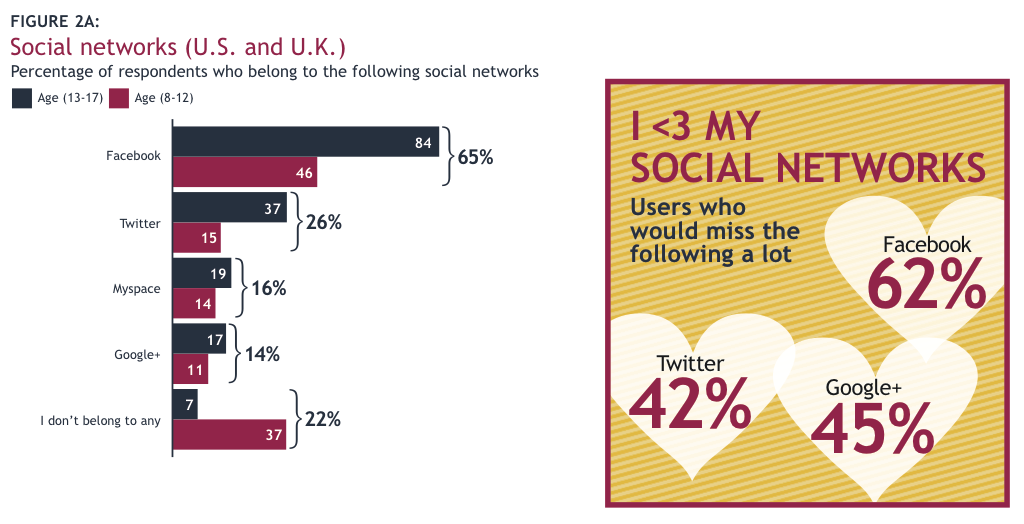
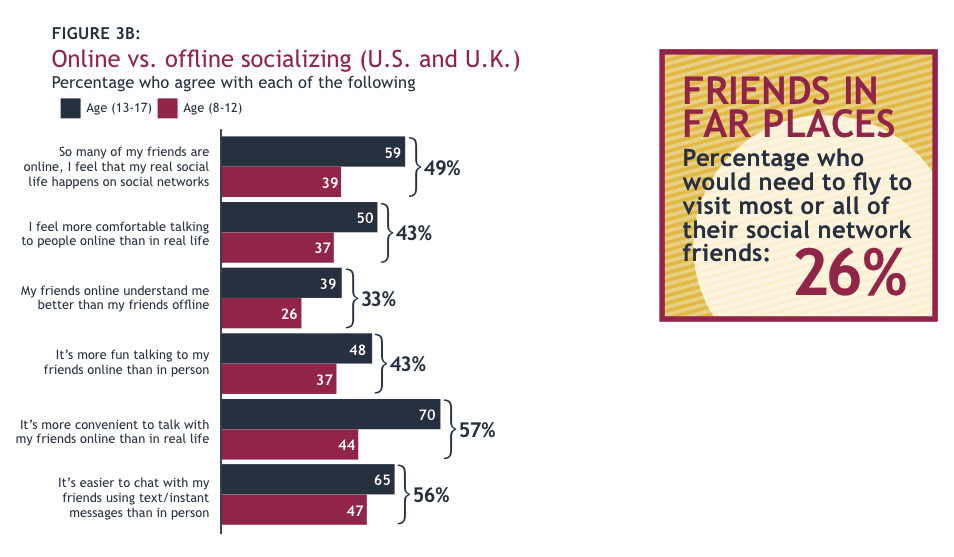
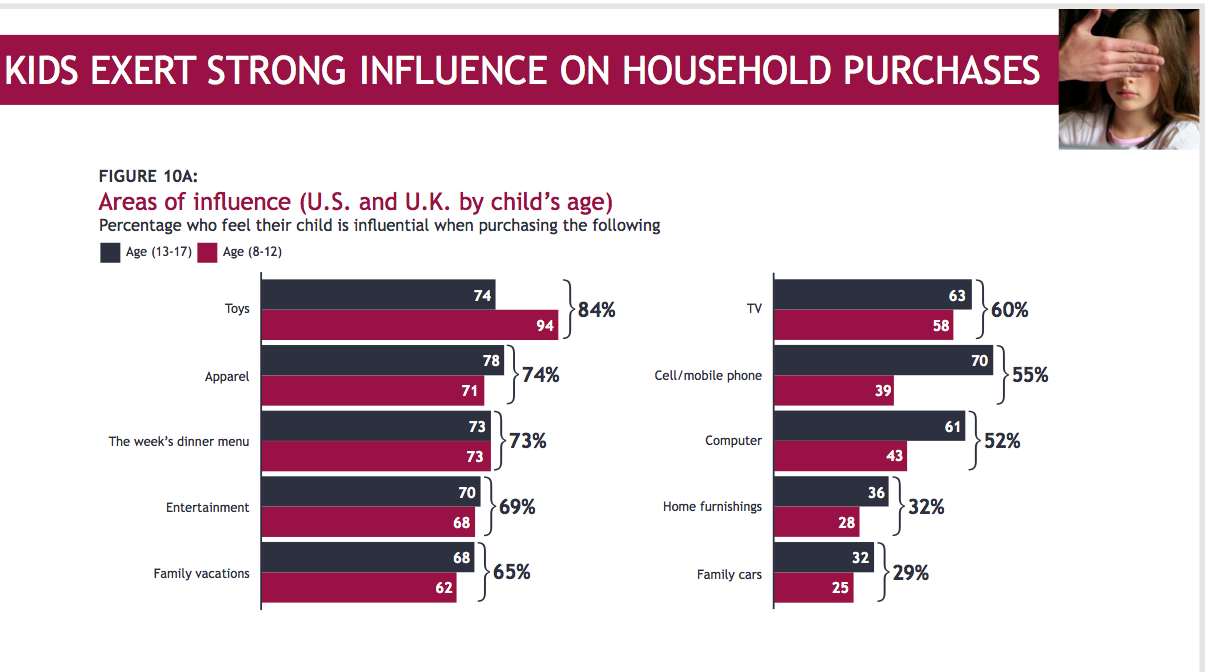
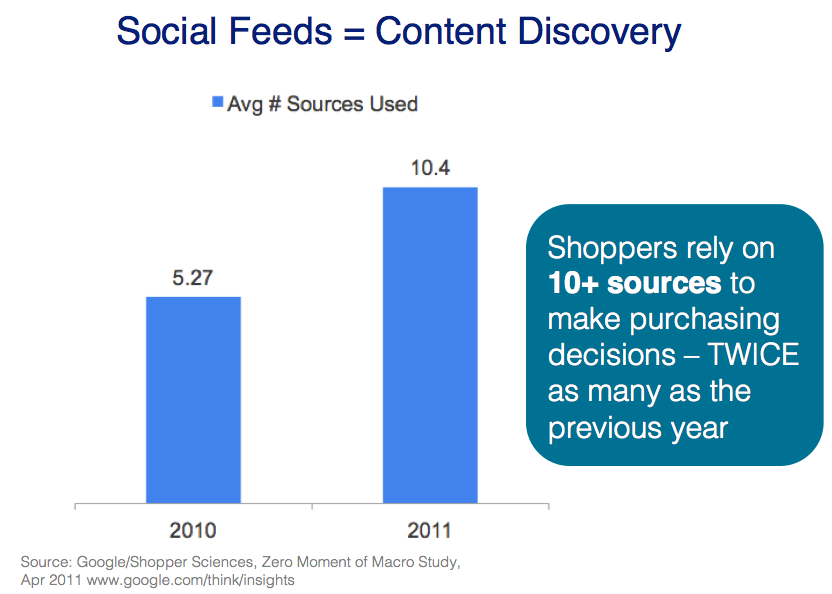
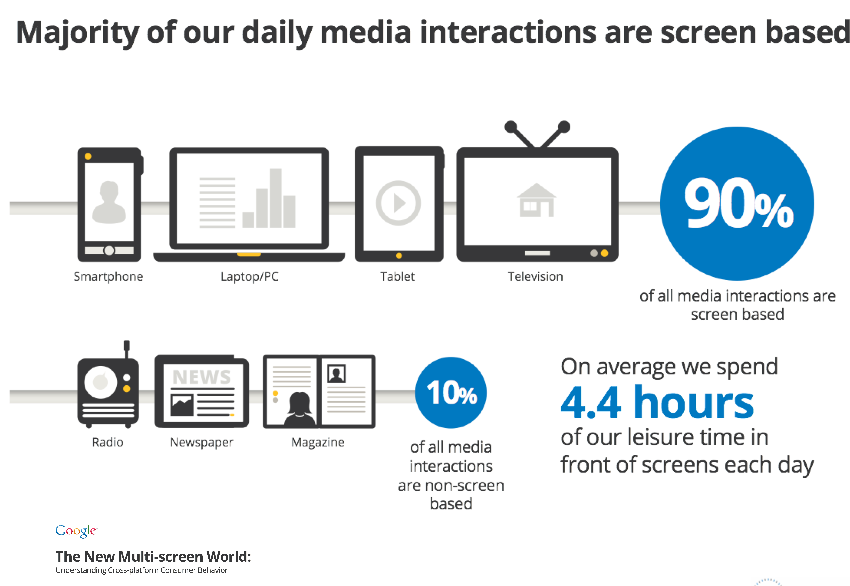



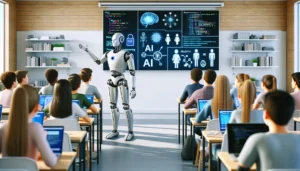


One friend in his fifties, huge twitter addict was forbidden by his teenagers to have a screen at dinner table. Social networks help teens and young adults develop their social and communication skills, that they are step by step experimenting face to face as well, then come the experience of tone of voice, eye contact, body language, use of nuanced words, smell, etc… fun to be 20 in 2013.
Thank you for the comment Yendi.
I completely agree with this post. Millenials rule the digital age. So many apps, sites, and more are made popular by the millenial generation. It is the millenial generation that created most of these new advances. The new Time magazine discusses the millenial generation. I have not read my copy yet, but I’m interested to read their view on the subject.
I’m with you Dara!
Totally agree with you that generation Z and Y are born with digital genes. I belong to generation Y and now I even feel surprise that child around me have interact with laptop, and espcially smartphones and tables quite soon and they are actually enjoying them just as much as I do.
TLDR
Wait…but you did read it!? 😉 Thanks for the other comment…
Interesting results about children and young adults talking face to face vs. online. The quickest way to learn is to make mistakes. Online conversations allow more time to make sure you are saying the right thing. I can see the mix of online vs. face to face widening as people seek to make less mistakes.
Thanks for the comment Mick. Although, plenty of autocorrect blogs show that people are talking too quickly!
Hahaha, yes very true. Still, blame can be attributed to the appliance, not the operator.
Thank you for sharing the link and for contributing your thoughtful comment.
@briansolis:disqus, thumbs up! Great article once again. I’m using your customer journey in my presentations.
Cheers and thank you!
interessant et cela n’ira qu’en progressant juqu’à l’extinction du papier
“We complain about privacy in social networks. They’ve mastered it.”
Personal experience suggests this isn’t the case and much of what I’ve read seems to point out that millennials don’t think about it a great deal. How do you see that they have mastered it?
Hi Karl, when I study behavior there are those who don’t think about privacy yes…but there are those who are much more strategic about what they do, say, where and how long it stays online.
briansolis to an extent and in certain groups but I see this in my own generation too. Millennials often seem very confident online but as with many areas of life I wouldn’t say that is always a good thing.
There is a distinction though between what people are aware of what they are sharing through comments, for example and the consequences of accepting an app on Facebook or other platforms, with data that is harvested from profiles and personal habits/networks which are tracked.
Terrific work, Brian!
“.. by 2025, Generation Y will represent 75% of the workforce.”
Well, “workforce” itself might be a word only people old enough to care about this article today are still using by 2025! 😉 Sure, Generation Y (et al) will be doing things to earn income, but much of it won’t be what we call “work” today and most of them won’t be “employees” “working” for “employers” for “salary” or “wages” as we know it today.
All of these constructs are broken, I believe, beyond repair. Some in the near future will no doubt assert that ObamaCare caused the breakdown. They’ll be wrong, although it will speed it along by (finally) decoupling the systemically flawed relationship between health insurance and employment.
Independence, contracting, revenue sharing, profit sharing, (aka rewards aligned with contributions to a common effort) will all crush “company” and “employment” as we know it today.
“Hiring” “employees” to pay them the minimum possible so that the investor class and people at the top rungs of the “company” can profit the maximum became unsustainable about 20 minutes after “job security” became a punchline in the 90’s. The digital generations will understand this first and best. The fossils who run today’s corporations will eventually have no choice but to get in line. People in the “workforce” tricked by them will someday be dying in numbers too great to keep the doors open otherwise.
@DanFarfan
Such a great comment Dan. Thank you.
Great comment Dan.
Brian, your article is a perfect leadin for how youth are skeptical of traditional advertising and marketing, and basing their consumption decisions on shared information and experiences. In the end, we’re returning to tried and true word of mouth marketing as the most efficient way to capture youth interest.
However, digital word of mouth marketing is a hurdle for most traditional media and publishers targeting the youth market because they’re not set up to give communities the voice they need to create that “word of mouth”. They fall back on social networks to harness these voices. Media needs to understand that they have the ability, on a selective, curative basis, to give youth (and frankly, anybody else in a community) an empowered word of mouth through their service offering and social media. It means letting go of the idea that youth endorsing or dissing brands is separate from their ad campaigns. Media should go to brands with youthful advocate networks (that they can build if they encourage youth participation) in tow to build word of mouth marketing campaigns that will be far more engaging than a pitch for native advertising.
I hope your continue with this thread of youth and the redefinition of advertising and how to reach them.
Love this comment Pat.
Awesome article. The sentence, “For each decision we make in life, we bring an abundance of life lessons that help us choose what we believe the right path at every personal and professional intersection we encounter”, really caught my attention. As a college student, I am constantly making decisions about my future. Each one I make, is based off of either past experiences, or whether or not I believe it is the right path for me. By going through trial and error, we are opened up to numerous opportunities. Once we make the right decisions, the past ones we have made help guide us through the current choices we make.
Thank you Chris for the comment…
Re: “Some of us can multitask, but we say our ability to do so diminishes each of
the tasks we simultaneously perform. This is not true for younger generations as
their brains are wired differently.” Data, please. I’ve seen studies showing this claim does not hold up. Youth have been exposed only to new technology so, for them, it’s not new but accepted as “the way things are.” (Think adage: You can’t teach an old dog new tricks.)
What’s going on cycles itself over generations: “At every crossroad on the road that leads to the future, each progressive spirit is opposed by a thousand men appointed to guard the past.” – 1911 Nobel Prize laureate in Literature, Maurice Maeterlinck
Studying youth – and technology (i.e. business models) – has always been the secret for understanding tomorrow. We have a passing of the torch, again. Nothing more.
Instead of quotes, please share data. In my work, one of the most interesting things that I learned was that multi-tasking not only works in many cases, it works differently than how you and I would approach it. Regardless, it’s more than passing a torch. Something more happens each time it’s done.
This article proved to me that my brother Daniel is a true
representative of the Generation Z. He was born in 2001 when I was 13 years
old. At that time I already had my first computer which my parents had
purchased for me. More and more of friends of mine were getting them, they were
no longer a luxury. Digital era was invading our lives inevitably. Social
networking became a new way to connect with people and share. To me it was mind
blowing as I felt very excited to have conversations with teenagers like me from
all over the world in real time. I was browsing different online chats and
joining numerous rooms dedicated to specific topics. Spending my leisure at
home in front of the computer screen seemed fun to me, but my parents did not
take it that way. I guess they were afraid that I’d become a geek with no
social life outside of my room. Very stereotypical, isn’t it? Anyway, my web
consumption was limited to a certain point due to my parents’ restrictions.
However, for them it was hard to resist my desire to “expand the view and
enrich the connections”. Even the time spent together with my little
brother became a mutual staring at the computer screen. Sometimes, the only way
for me to calm down cranky 2 year old Daniel was to put him on my lap and
engage into action happening on the screen. At the age of 3 he was capable to
play sophisticated computer games by himself and persistently demanded his
private time to do so. Even being grounded for misbehaviour and suspended from
gaming, Daniel knew how to put together completely unplugged computer parts and
wires and play for at least 10 minutes before he gets caught. It was a real
addiction. At the age of 5, he was advising our mother on cell phone options
that she had troubles with.
He is turning 12 this month and knows how to use any device that
I know of. He has his own laptop, tablet, PS Vita, and Ipod. My parents are
going to buy a cell phone for him. We live in the neighbourhood where kids
don’t really have a chance to go out and get together: no playgrounds, no
places to hang out. On one hand, it’s sad, but on the other hand, socializing
online has become a part of his everyday life. He is still very friendly,
sociable, funny, and cute in real life conversations. I’m sure that he found
the right balance between the two worlds and I’m very proud of him.
Thank you for this comment. I thoroughly enjoyed reading it!
I’m a little confused. You mention at the very beginning, “…Generation Z represent those individuals born in the late 1970s or the early 1980s to the early 2000s”
I was always under the impression that GenZ was starting in the late 90’s to early 2ks on up through today…am I wrong?
In any case, it is a fascinating study in social dynamics whereby the ruling majority thinks we know but in true reality, we do not. The Millenials are a very strong force in the Marketplace of ideas as is evidenced by Social Media today. Creativity is constantly changing and evolving. So much so that it is nearly impossible to keep up. I digress…great article!